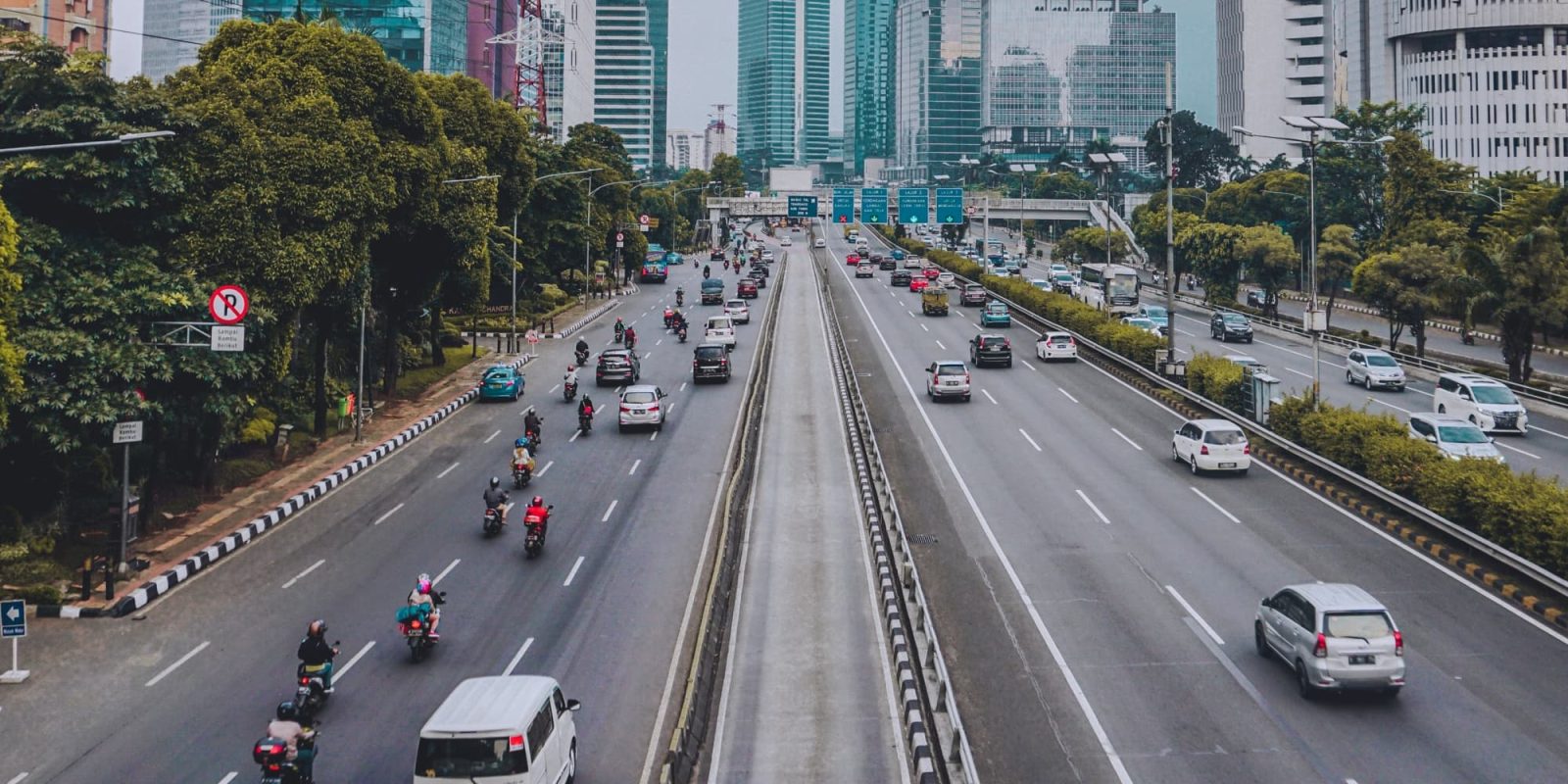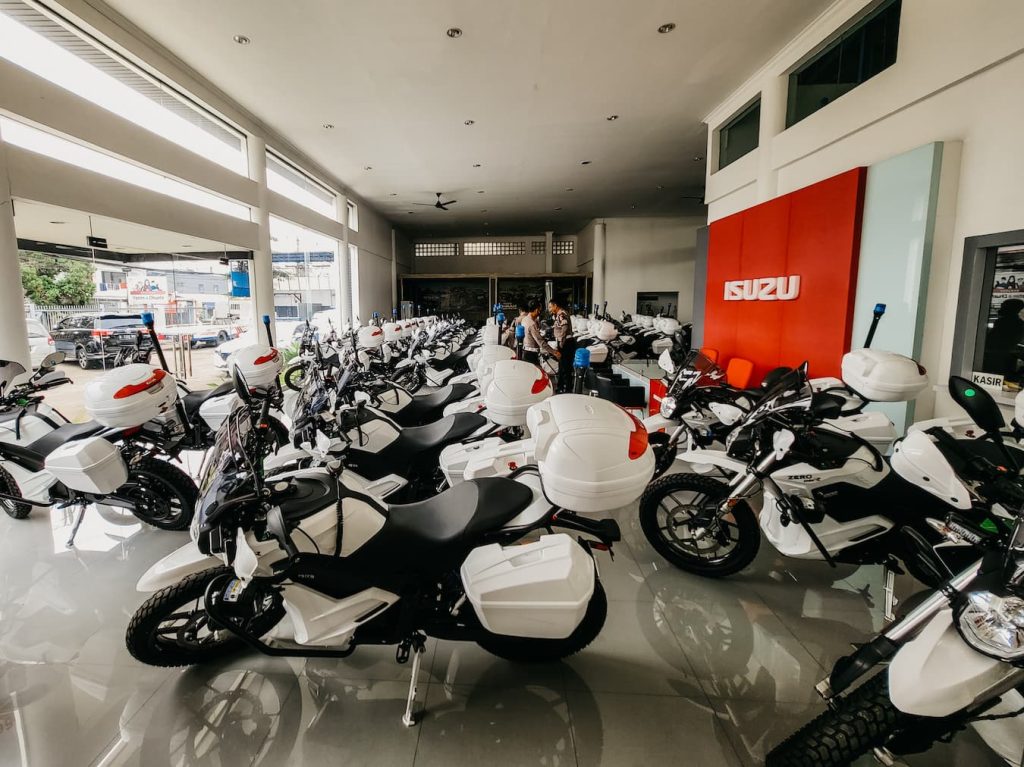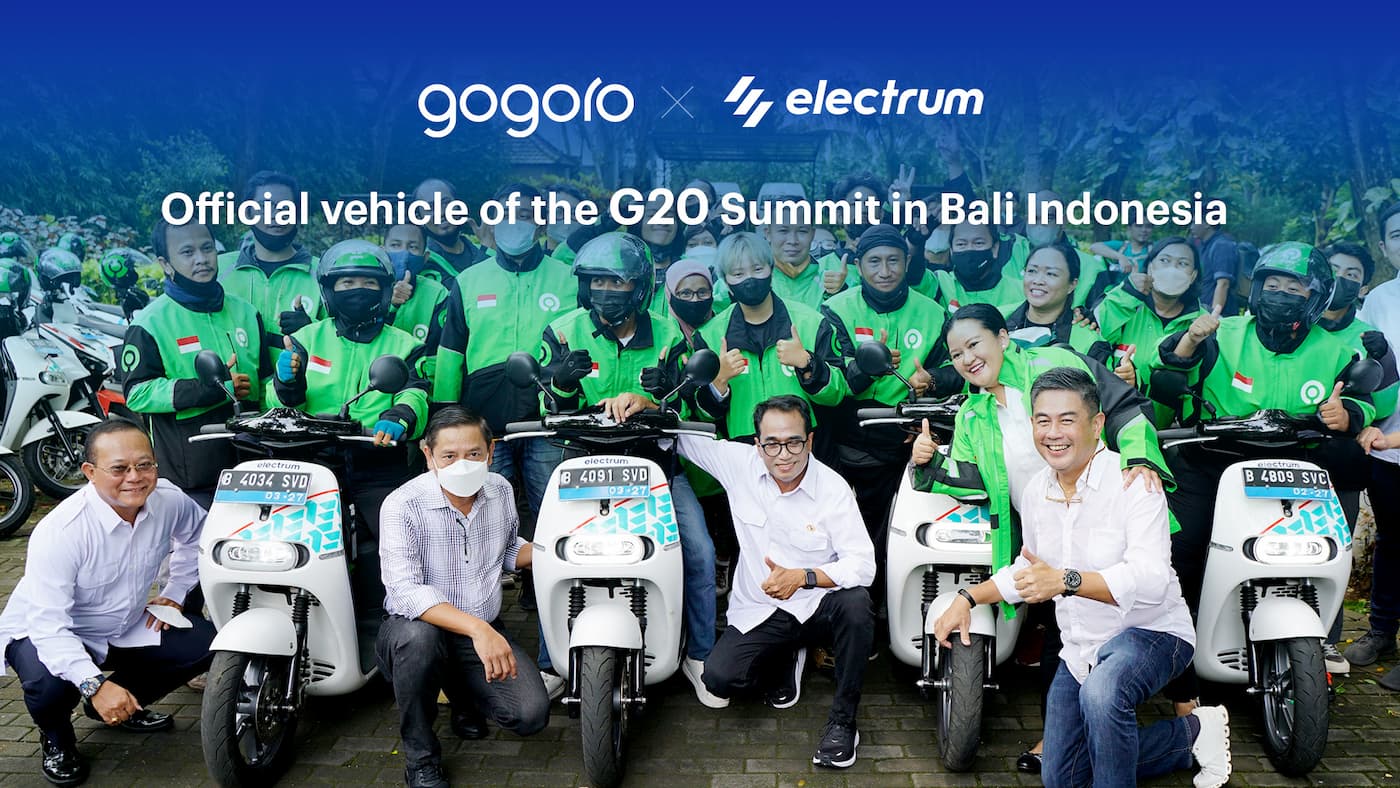
The age of electric vehicles is upon us, and has been for years now. Electric cars have received most of the attention, but in many countries, it is actually electric two-wheelers like e-motorcycles and e-bikes that are silently revolutionizing the way people commute.
As people become increasingly aware of the economic, environmental, and health benefits of e-motorcycles, especially in countries that are dominated by two-wheeled transportation, more individuals and governments have begun embracing them as an alternative to traditional combustion cars and motorcycles.
Indonesia is one such country, and its government has already made significant strides in urging its citizens toward electric motorcycle adoption.
Motorcycle use in Indonesia is exceptionally prevalent, making it an indispensable mode of transportation for millions of people. In fact, while there are only around 20 million cars in the country, Indonesia is home to around 125 million motorcycles.

As the world’s fourth most populous country, Indonesia’s dense urban areas and underdeveloped public transportation systems have led to a surge in motorcycle ownership and usage. Motorcycles serve as a cost-effective, convenient, and time-saving alternative to cars, which often struggle to navigate through traffic-congested streets. In recent years, the rise of motorcycle taxi services, known as “ojek,” has further cemented the importance of motorcycles in Indonesia’s daily life. These motorcycle taxis provide essential transportation services to countless individuals while also offering employment opportunities for many drivers. Overall, motorcycles have become deeply ingrained in Indonesian culture, shaping both the urban landscape and the everyday lives of its citizens.
But with the masses of motorcycles thronging Indonesian streets has also come huge emissions problems. And so Indonesia has recently pushed hard to convert its massive 125 million fleet of motorcycles toward electrification.

Late last year the country announced a plan to put 2 million electric motorcycles on the road in the next three years. To help expedite that massive movement toward emissions-free motorcycles, Indonesia has now announced 7 trillion rupiahs (approximately US $460M) in subsidies for electric motorcycle purchases through the end of next year.
Indonesian Finance Minister Sri Mulyani Indrawati expected the subsidies to cover sales of around 800,000 new electric motorcycles as well as the conversion of 200,000 combustion engine motorcycles to electric drive.
The move is designed to jump-start the adoption of electric motorcycles, especially in light of the rather small number currently in the country. According to the Association of the Indonesian Motorcycle Industry, there were just over 30,000 electric motorbike owners in the country as of October 2022.
That puts electric motorcycles at a fraction of a percent of total motorcycles, though the Indonesian government has been promoting electrification of motorcycles on many fronts.
This new subsidy marks the government’s strongest push yet, but it follows other efforts, such as the approval of a pilot partnering with Gogoro’s swappable battery electric scooters, as well as using fleets of electric motorcycles from Zero Motorcycles, Energica, Gogoro, and NIU during the recent G20 summit.
Electric motorcycles may only make up a tiny fraction of overall motorcycles in Indonesia today, but with nearly a half billion US dollars in subsidies, that figure is sure to grow considerably.

FTC: We use income earning auto affiliate links. More.




Comments